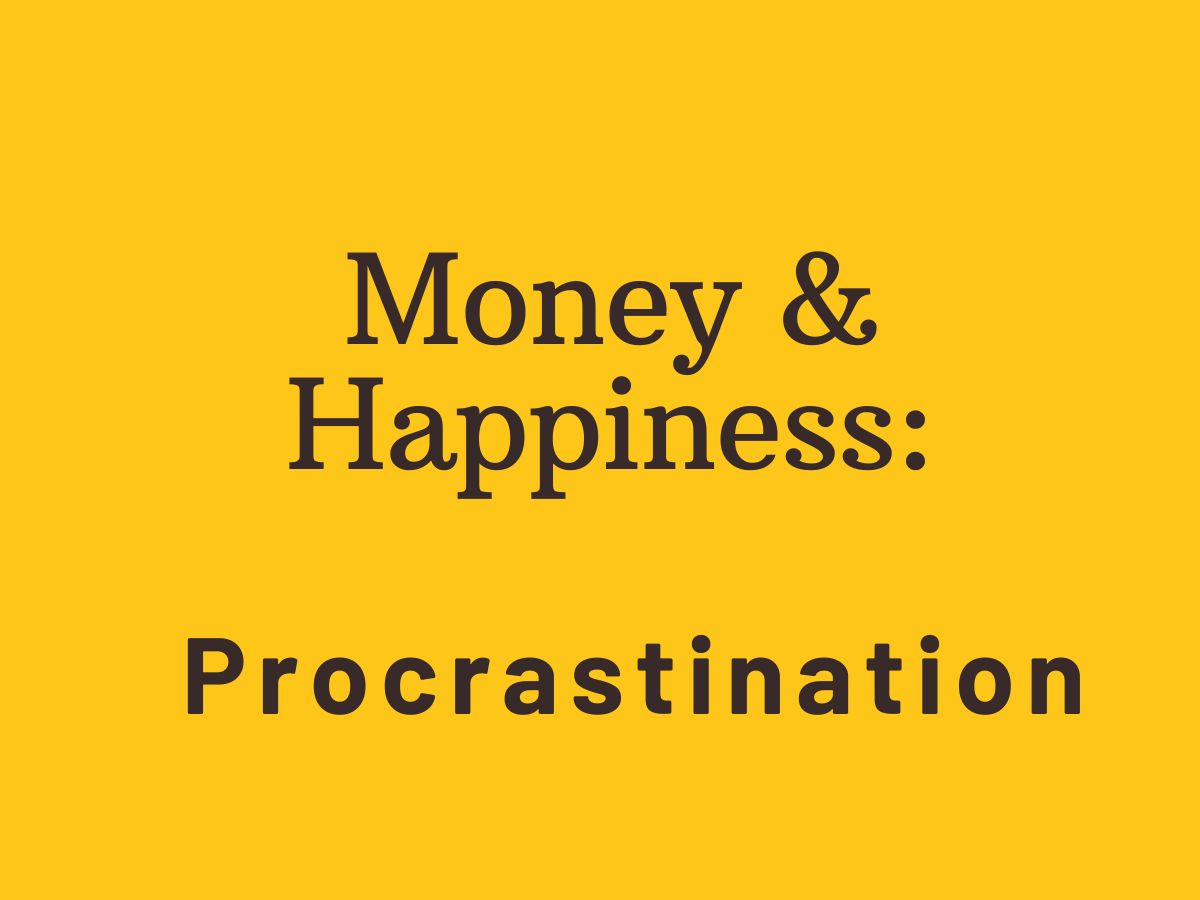Relationship between Money and Happiness is complex, general view is that up to a certain stage, there is a direct correlation. If a person cannot afford basic things, increased money will provide more happiness. For example, in a hot climate, a person who does not have a fan will be happier if more money comes his way, enabling him to buy one. However, when the income rises above a certain level, the marginal utility of additional income starts falling and therefore many high net-worth people are also not happy.
I believe that this relationship can be strengthened. Even at income levels higher than basic levels, money can be utilized judiciously to bolster the relationship between money and happiness. We have to develop our own Portfolio of Happiness and that implies reallocating our assets in a way to reflect what really satisfies us and what gives us real happiness.
As a first step, we can look at various factors and classify them as Enhancers of Happiness and Stealers of Happiness. We can utilize the money specifically and consciously in ways that will nurture Enhancers of Happiness, while mitigating Stealers of Happiness.
The most popular and prestigious course at Harvard was the Positive Psychology class taught by Ben Shahar. It used to attract 1400 students per semester and 20% of Harvard graduates took this elective course. It focussed on happiness, self-esteem, and motivation and provided students with tools to succeed and face life with more joy. Ben Shahar highlighted in his class, 14 key tips for improving the quality of our personal status and contributing to a positive life. One key tip deals with Procrastination, which is one of the great Stealers of Happiness. I have been thinking of writing this article for quite some time.
Procrastination is defined as the action (inaction is more appropriate) of delaying or postponing something. It can often lead to stress, anxiety, and decreased happiness as tasks and responsibilities pile up. It is possible to overcome this habit even if entrenched; and while money in itself cannot cure procrastination, it can be strategically used to alleviate some of the negative consequences associated with it.
Sometimes, a task, though important, might not be interesting enough. There could be many chores that might be repetitive or might involve steps that are not so palatable. Examples could be house cleaning, dishwashing, tax preparation, and numerous others. Here, money can be used to hire individuals or help agencies to complete these tasks.
Additionally, we can utilize money to create an attractive reward system to increase our motivation to complete a particular task. For example, we might allow ourselves a certain treat or experience once a particular task is accomplished. These might not be costly also, it could be as simple as seeing a favourite movie but only after the task is complete. Using money to go on vacations or travel can sometimes provide the necessary break and perspective to come back and tackle procrastinated tasks with renewed energy.
Occasionally, certain assignments might not be getting completed due to a lack of knowledge or expertise in a particular area. Money can be used to hire experts or consultants to guide and assist. A long-term measure could be to invest in learning new skills and that has the potential to reignite passion and enthusiasm, reducing procrastination in the process.
With rapidly developing technology, investing in productivity tools or software can help in organizing tasks more efficiently, setting reminders, and thereby reducing procrastination. Additionally, money can be used to buy books, courses, or other resources that help in personal development and learning strategies to overcome procrastination. Some examples of such courses are time management and productivity techniques.
Every so often, there might be distractions at the workplace that are hampering the completion of important tasks. Investing in creating a conducive environment and a workspace that is comfortable, encouraging, and motivational can be very helpful.
Sometimes, there might be underlying personal issues that contribute to procrastination. Enrolling in wellness programs or retreats that focus on personal development and productivity can help in reducing procrastination.
Summarizing, money could be an important tool for overcoming procrastination. We have to prioritize our tasks, identify reasons why we are postponing, and then see how we can use money as a part of our solution. Many times, we will find that the benefits are disproportionate, by employing a small sum of money judiciously, we can achieve a very good improvement. We also can integrate our Portfolio of Financial Goals with Portfolio of Happiness, one example is developing a skill to complete a project faster and that can also have a long-term positive impact on our career and lifetime income generation ability. Our continuing thrust through these articles will be to develop a strategy for integrating and developing both money and happiness portfolios.




